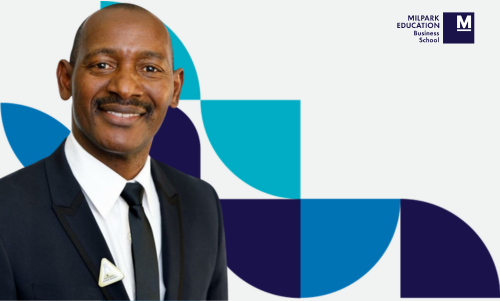Phillip Le Roux, Associate Director of Industry X at Accenture, chaired a pivotal discussion with prominent industry experts, including Professor Glen Nwaila, Director at WITS Mining Institute, Thabiso Sekano, Head of Mining at IDC, Joy Singh, Director at Accenture, and Edward Bardo, Global Sales Director – Mining at Aspen Technology. The conversation delved into various aspects of asset management, emphasizing key strategies for advancing the mining sector in Africa.
- Bridging Academia and Practical Mining Operations: The experts underscored the necessity of closing the gap between academic training and real-world mining operations. They advocated for transforming graduates into specialists, emphasizing the critical role of data availability in gaining a competitive edge.
- Knowledge Exchange and Capacity Building: The panel highlighted the importance of knowledge exchange within the mining industry to enhance capacity and ensure projects are delivered on time and within budget. They identified key elements essential for fostering growth in Africa's mining sector.
- Digital Technology Implementation: The discussion stressed the significance of understanding and implementing digital technology within the mining industry. Leveraging these technologies can lead to substantial improvements in efficiency and productivity.
- Investor Decision-Making and Fit-for-Purpose Assets: The experts discussed how the suitability of mining assets influences investment decisions. Investors are more likely to commit to projects that demonstrate a clear alignment between asset capabilities and project requirements.
Phillip Le Roux's dialogue with the specialists aimed to elucidate the meaning and importance of asset management in the mining industry. Asset management was identified as a critical tool for unlocking the potential of the African mining sector.
Professor Glen Nwaila emphasized the importance of prototyping technology using academic research before its deployment in actual mines. He noted that the WITS Mining Institute has developed a mock mine to facilitate the testing of the latest mining technologies, ensuring they are viable, safe and effective before being implemented in real-world mining scenarios. This approach not only enhances the safety and efficiency of mining operations but also fosters innovation within the industry.

![Umbraco.Cms.Core.Models.MediaWithCrops`1[Umbraco.Cms.Web.Common.PublishedModels.Image]](/media/135ngsbz/london-article.png)
